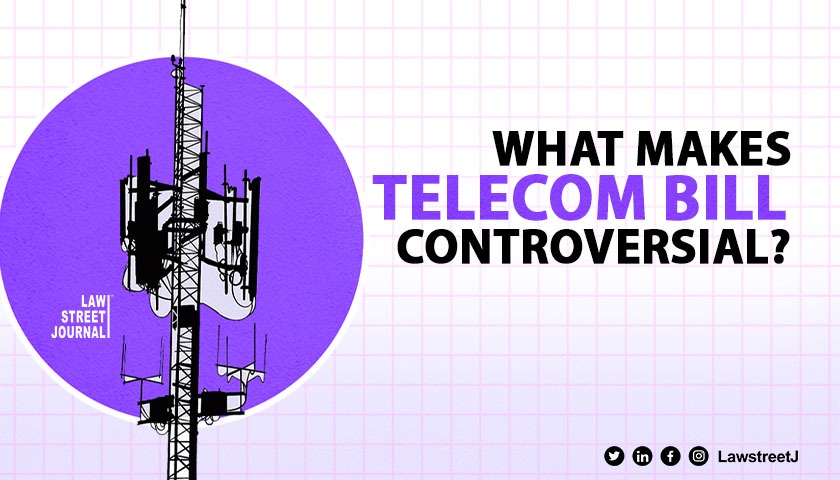Lok Sabha passed the Telecommunication Bill, 2023. Once passed by the Upper House, it will replace the Indian Telegraph Act 1885, The Wireless Telegraphy Act 1933, and the Telegraph Wires (Unlawful Possession) Act 1950, some of which date to the colonial era.
The Bill was passed by a voice vote after a short discussion. Most of the Opposition members did not attend the House following their suspension.
Union Minister for Communications and Information Technology Ashwini Vaishnaw said, The Bill will usher in the biggest reforms in the sector Now there will be one simple authorisation instead of 100 licences.
The new Bill proposes several changes in the regulatory architecture governing the telecom sector in India. It allows for the administrative allocation of spectrum for satellite broadband services. It has also sought to simplify the licencing regime, and streamline the processes.
The Bill allows the Central government to take over control and management of telecommunication services in the interest of national security or in the event of a war, and for governments, both central and state, to take temporary possession of telecom services or networks in case of a public emergency.
It allows officials of both Union and state governments to intercept or detain or not to transmit messages from a single person or class of persons.
The Bill was introduced on December 18 in the Lower House and would now be presented to the Rajya Sabha for passage.











